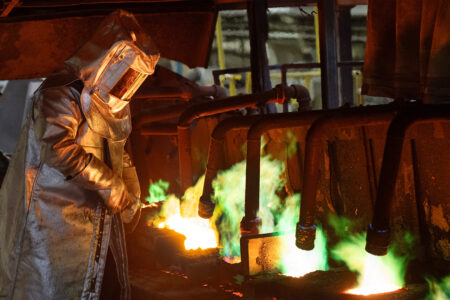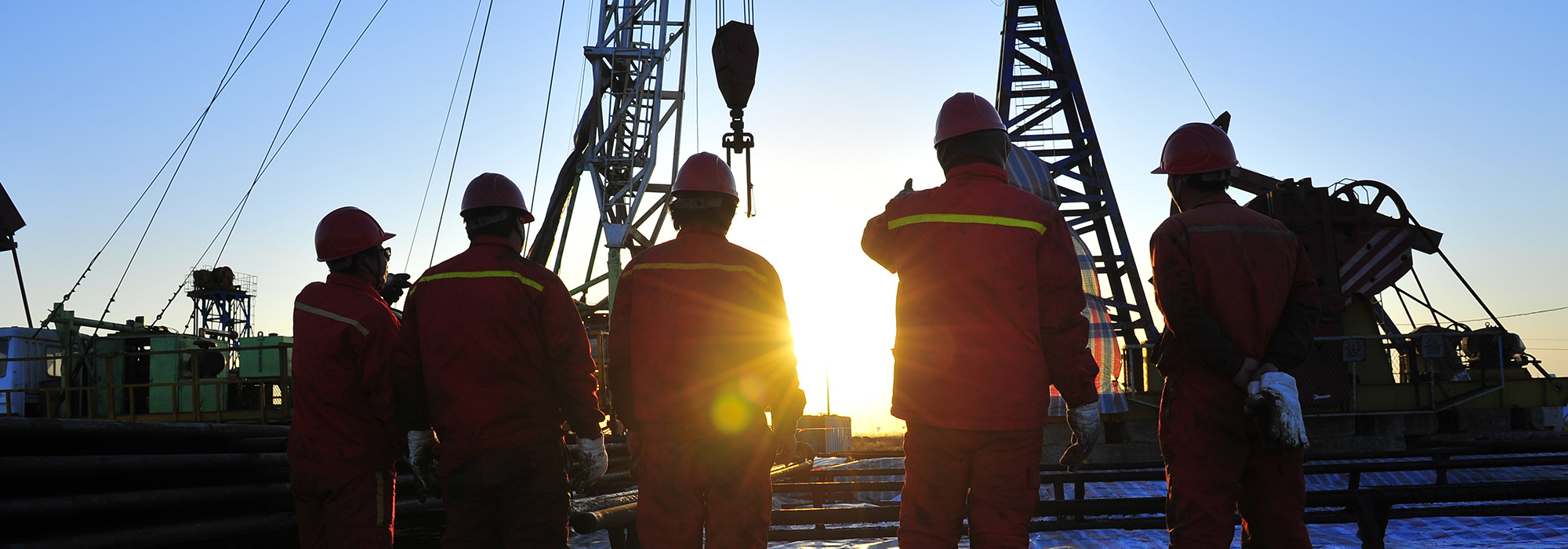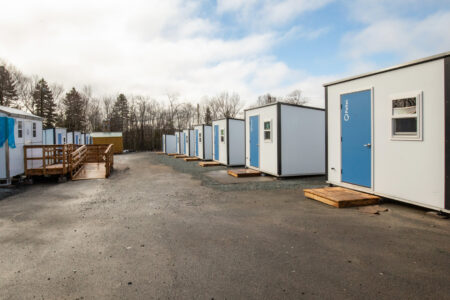
How the mighty have fallen! The one-time engine of the national economy, western Canada sputtered dramatically in 2009. According to data from Statistics Canada, the provincial economies of the three westernmost provinces were in much deeper recession than most other parts of the country. Saskatchewan led the West in contraction, dropping by 6.3 percent (adjusted for inflation); only energy-dependent Newfoundland and Labrador fared worse among the provinces.
Alberta was the third-fastest shrinking economy last year, down 5.1 percent. BC contracted by 2.3 percent, which was a bit better than the national rate of decline (-2.9 percent), but it would have been a much sharper contraction had Vancouver not been busy getting ready to host the Olympics. Manitoba was the only western province to largely escape recession, with a tiny contraction of 0.2 percent.
It wasn’t that long ago that western Canada carried the country’s economic hopes. All this talk about the “economic gravity” shifting away from central Canada toward the West seems a bit embarrassing after last year’s debacle. The sharp decline — particularly in Alberta and Saskatchewan — was like a big, fat piece of humble pie right in the face.
What happened? The blame for western Canada’s economic woes can be laid at the feet of one villain: resource prices. Prices for everything from crude oil to potash to base metals swooned in the wake of the global financial and credit crisis. The lack of diversity in Alberta and, to a lesser extent, Saskatchewan became the focus of pundits and policy wonks once again. The heavy dependence on oil and gas (and in Saskatchewan, potash) caused the wild gyration from runaway growth in 2007 to run-off-the-cliff in 2009.
Is this the end of western Canada’s economic miracle? Hardly. In fact, despite the sharper than average downturn sustained last year, nothing changes the storyline that the economic centre of gravity will continue to drift from east to west. There are three reasons why.
First, commodity prices will come back. Oil prices are back solidly above $80 a barrel (up from a low of $33 at the start of 2009). Base metal prices are up. Canola and potash prices are rising. Even lowly forestry products have performed acceptably well recently. Natural gas is the one major commodity for which prices remain in the sewer. But the growing global economy needs our resources, and that’s being reflected in rising prices. This will cause a sharp turnaround in the western Canadian economies in 2010 and beyond.
Second, China. The western provinces trade relatively more with this giant economy than does the rest of the country (although that’s not saying too much). Over 10 percent of BC’s international exports and 4.4 percent of the prairie provinces’ exports go to China. Ontario, on the other hand, sells only 1.2 percent of its exports in that market. With China’s economy again growing at 12 percent real GDP annually, western Canada is in a great position to profit from this enormous growth market. China needs our natural resources, and an oil pipeline from Alberta to the Pacific coast is in the works.
Third, western Canada is in a much better fiscal situation than is the rest of the country, particularly Ontario and Quebec. Saskatchewan isn’t running a fiscal deficit at all this year, and Manitoba’s is slim. BC has a credible (and achievable) plan to return to balanced budgets in the next couple of years. Alberta, while running a whopping deficit this year, is still comfortably debt free. Balanced budgets and surpluses are likely to return by 2013.
Sadly, central Canada cannot say the same thing. In the most probable scenario, the crushing debt level will continue to rise. Tax increases and spending cuts will be required. Infrastructure spending may suffer. And the economies of Ontario and Quebec will strain under those weights.
Last year was a wake-up call for western Canada. But a good old-fashioned recession serves some important purposes. It makes you more thankful for growth and employment when they return. It helps weed out incompetent businesses. And it forces everyone to become more productive and efficient. The West learned some important lessons from the downturn. But with the help of strong resource prices, China and good fiscal management, the West will rise to lead Canada’s economy once again.
Photo: Shutterstock









